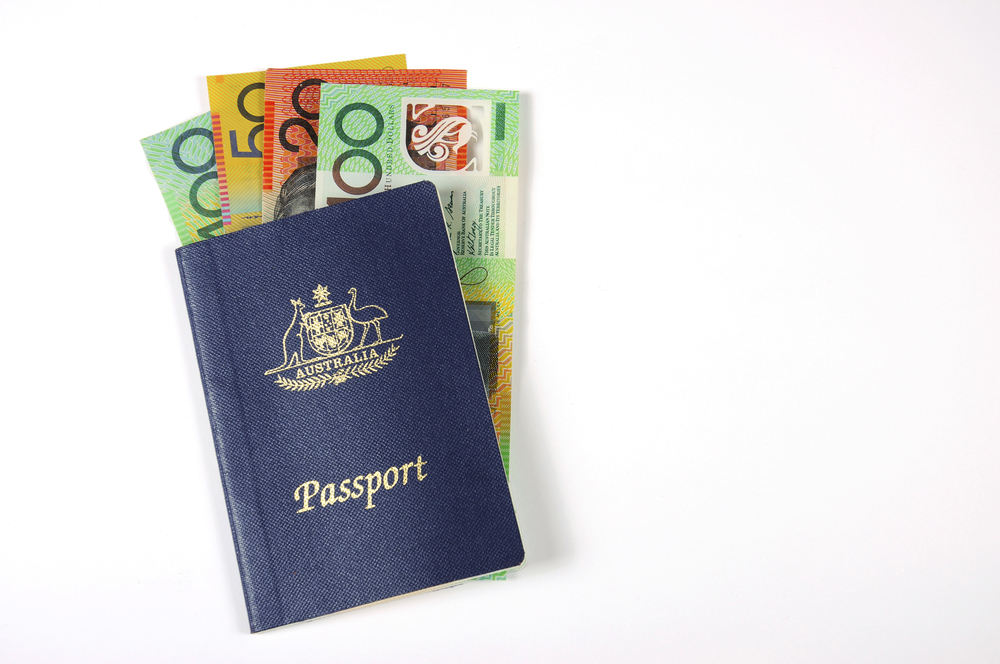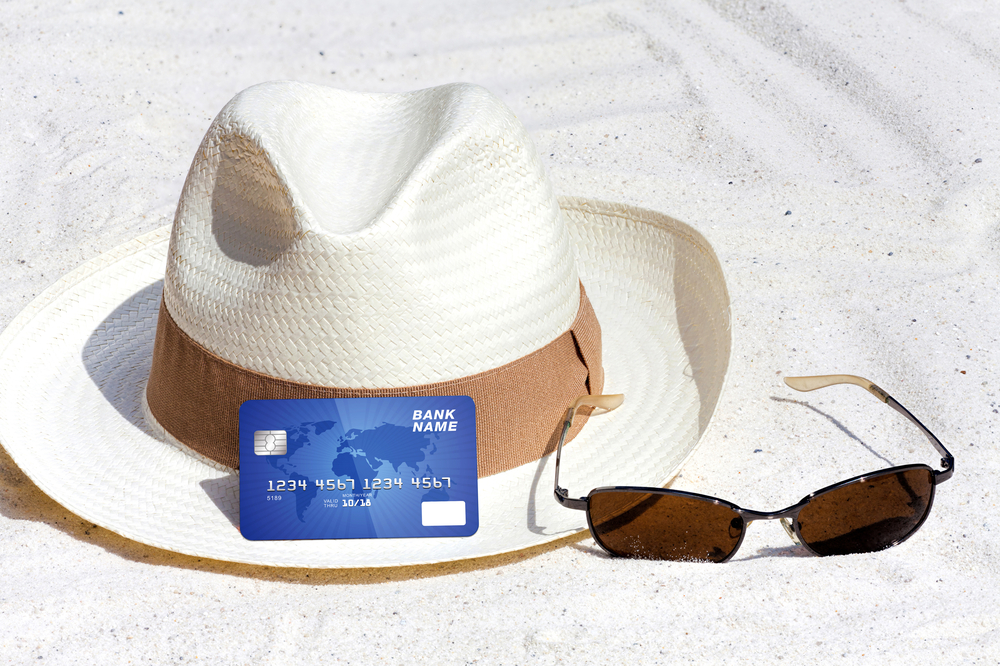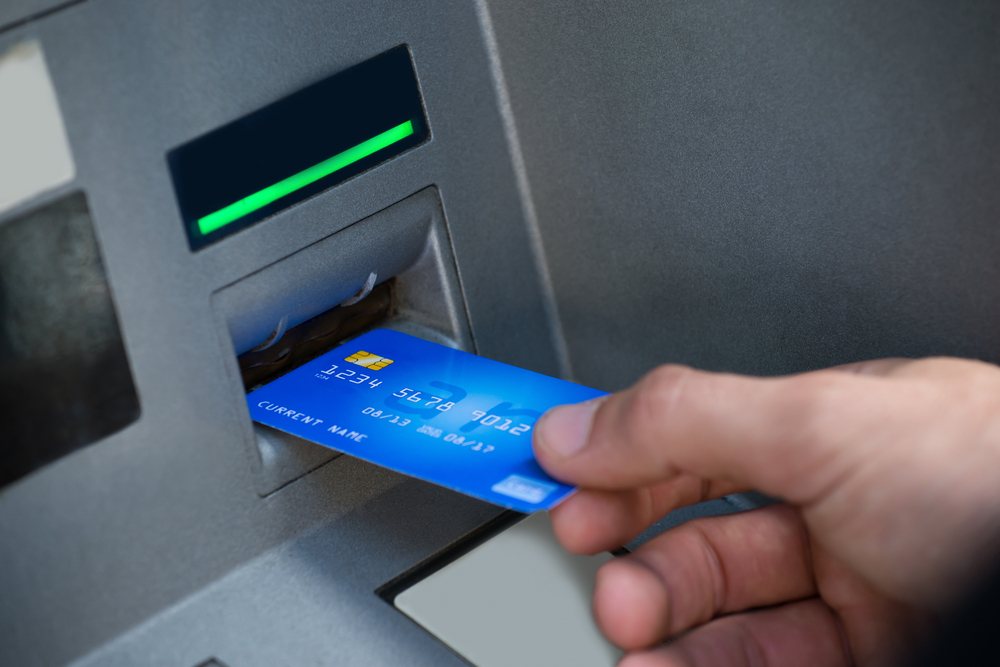
Dollars, cents, pounds, pennies, euros, pesos, rupees…one thing that’s common everywhere you travel is the importance of thinking about the money you’re going to need on your travels.Once you’ve planned your trip, you will need to figure out the most suitable means to pay for adventures when you travel. It is vital that you try to get the most of your money when travelling overseas.
If you can’t decide whether to bring along a debit card, credit card, cash, a sheaf of travellers cheques, or a combination, consider the pros and cons of the many different ways to pay for your travel expenses.
Read more: Seven ways retirees can travel the world for free
For the first 24 hours of your trip, carrying local currency will help make payments easier till you can find an ATM nearby.

A credit card is best used to make large purchases, such as paying for hotel bills, car rentals and restaurant meals.

Debit cards are better than credit cards for getting cash in local currency at ATMs, as there’s no interest to be paid on these withdrawals.

They are a secure alternative to cash, and are a great way to have emergency money on hand.

Many travellers choose a combination of two or three travel money options. Before you decide which one will work best for you, call your bank and ask about transaction fees and currency conversion charges. If your bank’s fees are high, consider getting a new credit or debit card for your trip, there are many low fee, low rate options. Happy travelling!